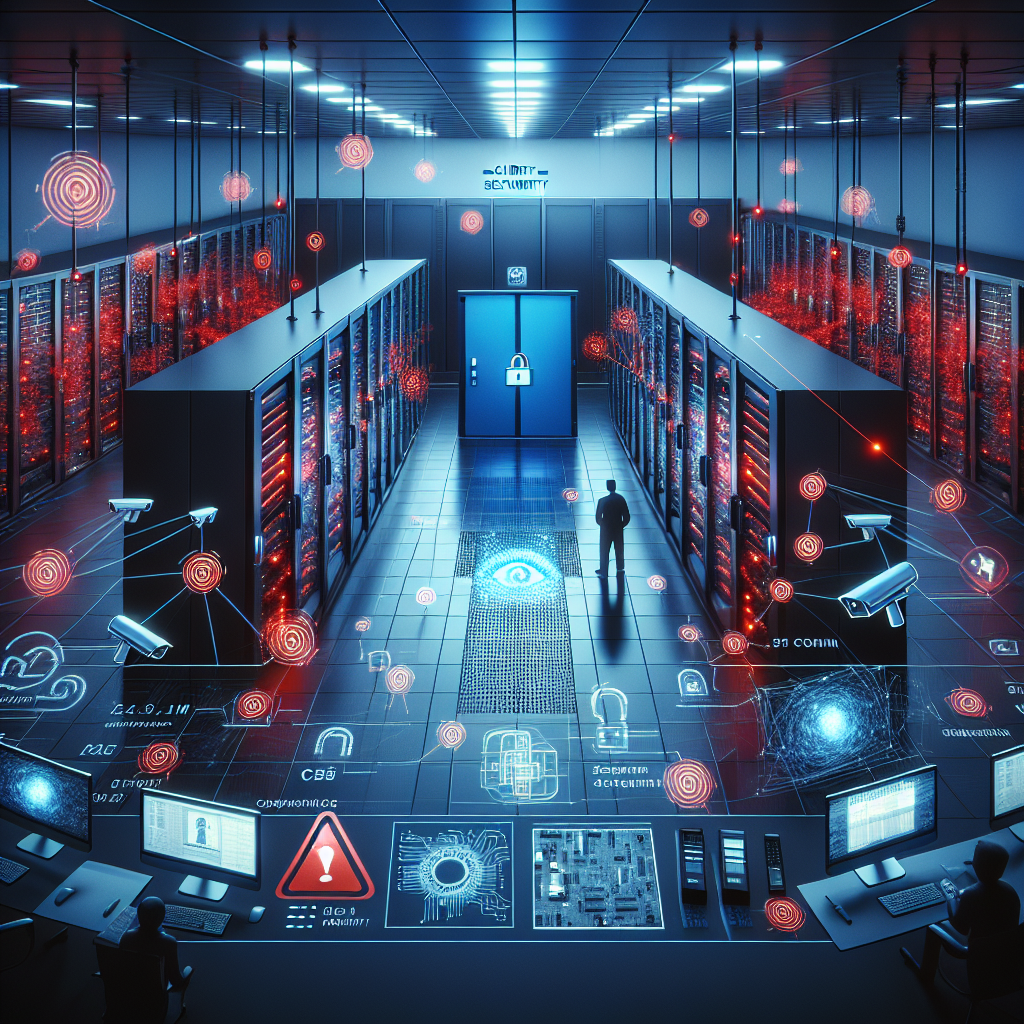Data centers are critical infrastructure for businesses, housing and managing vast amounts of sensitive information. With cyber threats on the rise, it is more important than ever to implement a robust security system to protect this valuable data. A comprehensive data center security system should include key components to ensure the safety and integrity of the information stored within.
1. Physical Security Measures
One of the first lines of defense for a data center is physical security measures. This includes access controls such as biometric scanners, keycards, and PIN codes to restrict entry to only authorized personnel. Security guards, surveillance cameras, and alarms can also help to deter and detect unauthorized access.
2. Fire Suppression Systems
Data centers are at risk of fire due to the high concentration of electrical equipment. A robust fire suppression system is essential to quickly extinguish any flames and prevent damage to the servers and data stored within. This may include sprinkler systems, smoke detectors, and fire suppression agents.
3. Environmental Controls
Data centers require precise environmental controls to ensure optimal performance and longevity of the equipment. This includes temperature and humidity monitoring systems to prevent overheating and moisture buildup, which can lead to equipment failure and data loss.
4. Redundant Power Systems
Uninterrupted power supply is crucial for data centers to prevent downtime and data loss. Redundant power systems such as backup generators and battery backups can ensure continuous operation in the event of a power outage or electrical failure.
5. Network Security
Data centers are connected to external networks, making them vulnerable to cyber attacks. Network security measures such as firewalls, intrusion detection systems, and encryption protocols can help to secure data transmissions and prevent unauthorized access.
6. Data Encryption
Data encryption is essential for protecting sensitive information stored within a data center. Encryption algorithms can scramble data so that it is unreadable without the proper decryption key, adding an extra layer of security to prevent data breaches.
7. Regular Security Audits
Regular security audits and assessments are essential for evaluating the effectiveness of a data center security system. By identifying vulnerabilities and weaknesses, businesses can take proactive measures to strengthen their security posture and prevent potential security breaches.
In conclusion, a robust data center security system should incorporate physical security measures, fire suppression systems, environmental controls, redundant power systems, network security, data encryption, and regular security audits. By implementing these key components, businesses can protect their valuable data from cyber threats and ensure the integrity and availability of their information.


Leave a Reply